
Here are the links to the other parts:
Part 1 (Numbers 1-20) - https://vocal.media/geeks/my-first-20-books-of-2020
Part 2 (Numbers 21-40) - https://vocal.media/geeks/20-books-of-2020-part-2
Part 3 (Numbers 41-60) - https://vocal.media/geeks/20-books-of-2020-part-3
And so, here is Part 4, numbers 61-80.
Let me just explain what exactly this list is if you're new here. I'm an avid reader, I read nearly all the time and I love reading everything, anything and any real book I can get my hands on. I will read used/damaged books as long as the same thing is on the inside (I really don't care what the book looks like at all) and I read first thing in the morning at breakfast, last thing at night in bed and whenever I get time during the day. I read for about maybe 7-9 hours a day and since I get up at 3am and go to sleep at midnight-ish, I tend to get a lot of reading done throughout the day. I don't really watch TV, I don't sit there on my phone (unless I'm reading an online book!) and I don't really have any other real activity apart from the book I've been writing for the past three and a half years now.
This list is to show you what I've been reading throughout the year 2020 because I realised that in 2019, I put all my books into one article at the end and well, there was nearly 500 books there. I saw it was far too long and so, I am now doing it 20 at a time. This would work quite nicely as it also fits with the numbers in the year.
Let's move on to our list for today then, here's numbers 61 through to 80:
61. Words by Jean-Paul Sartre
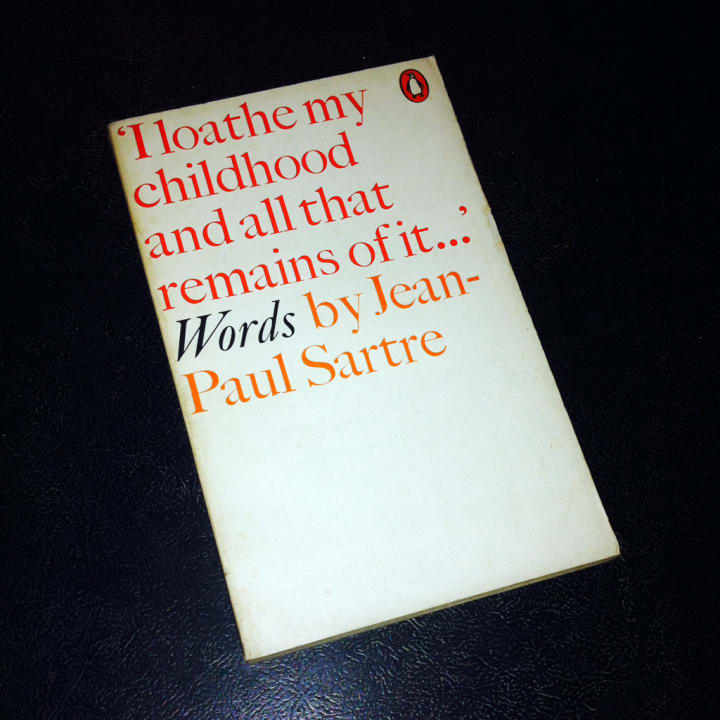
This book was pretty good. I have read much of Sartre's stuff before like "Nausea" etc. and this one I found was one of the better books by him because it had more biography in it. He talks about his childhood discoveries in thought and philosophy and how he grew up as a thinker, what he learnt and what he retained about life. I enjoyed it on the whole. My copy was the same one that is pictured here. I really related to it too, because the whole book is about reading:
“I had found my religion: nothing seemed more important to me than a book. I saw the library as a temple.”
62. Castle Gripsholm by Kurt Tucholsky
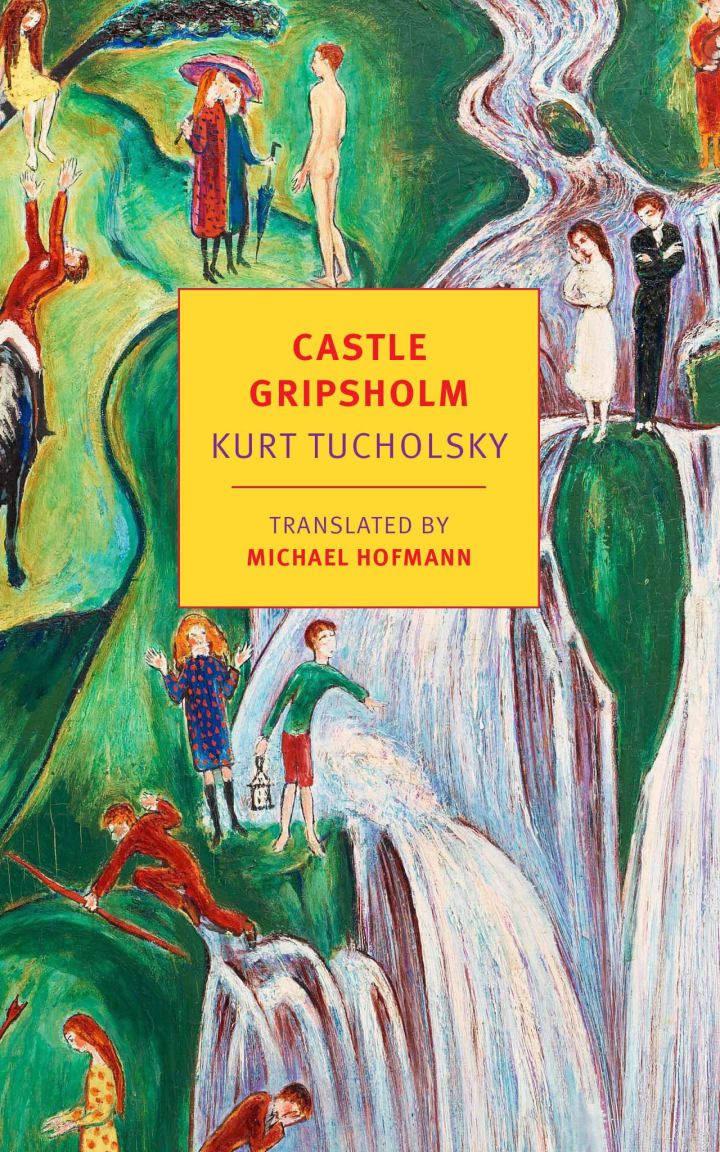
This book is set in Sweden in the countryside and reads mostly like a dodgy fairytale. It's all summery and beautiful until you get to the part about the Nazis and the war. A pretty book against a backdrop of terror, reading like something straight out of Hans Christian Andersen, this book really reminds you that life isn't really all sunshine and rainbows. In fact, it hardly ever is.
“That story always seemed very symbolic to me...Yes, but I forget what it symbolised.”
63. Ways of Seeing by John Berger
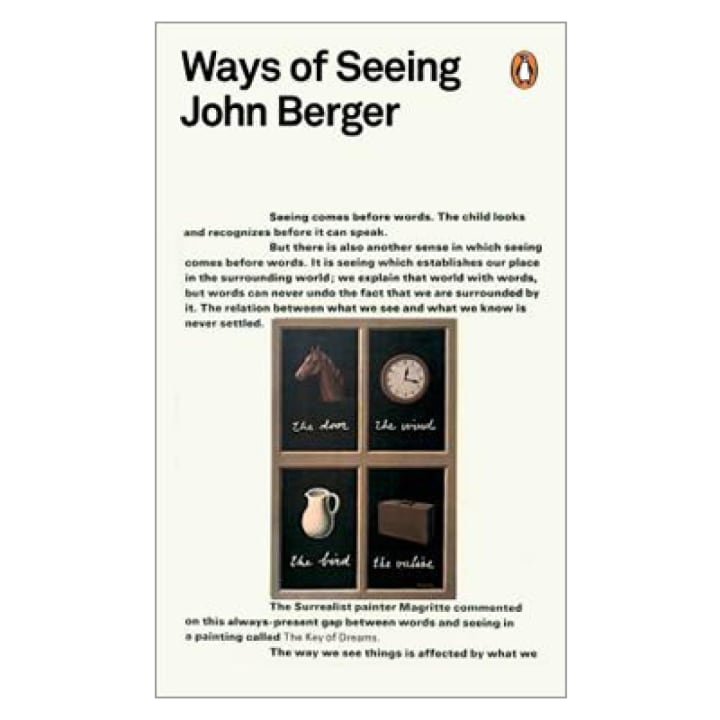
This has been one of my favourite books of the year so far and that's because it's all about the ways in which we can interpret what we see. It goes through various paintings including some works by Hans Holbein etc. and it tells us about why certain objects, women, themes are expressed and what they are used for. The chapter on the female was probably my favourite because of course, I am a woman. It explains how women are nearly always used in advertising, painting and even in the modern day as eye candy for sales purposes and not for pretty much anything else. It was a very good book and really opened my eyes on to various things in art and politics.
“You painted a naked woman because you enjoyed looking at her, put a mirror in her hand and you called the painting “Vanity,” thus morally condemning the woman whose nakedness you had depicted for you own pleasure.”
64. The Platform Edge by Mike Ashley
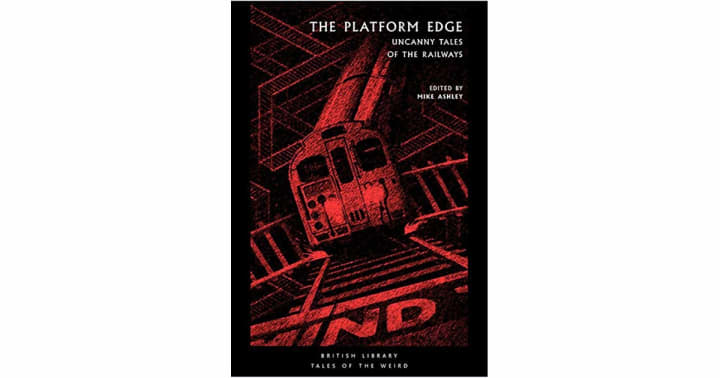
This book is a collection of short stories about trains on which ghost tales and things of the supernatural happen. These stories are amazing, I especially loved the one about the 651, I think it is. Most of them are written in a very old style so you can imagine the steam engines roaring and the smell of coal pretty much everywhere. It is such an incredible book of stories I wish I could go back and read it again. Phantom passengers though, will always be my favourite subjects for the stories.
65. The Haunted Library by Tanya Kirk
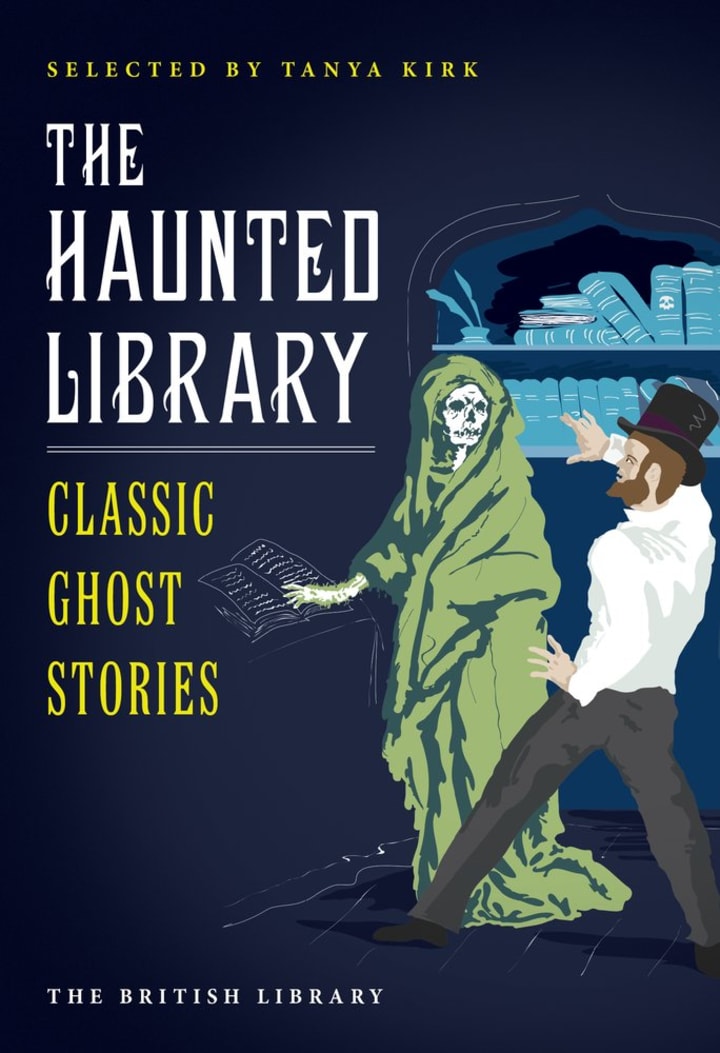
There is no such thing as good as a classic ghost story and even though I have read most of the ones in here before I read this particular book, I didn't mind going around for a second time. There were many, some by MJ James and other ghost story writers of old and I enjoyed each and every one. I picked this up at the British Library and seriously, I devoured the whole thing in only a few hours - it was one of the best things ever. Classic ghost stories are really the majority of the reason as to why I exist at all.
66. The Best of Betjeman by John Betjeman
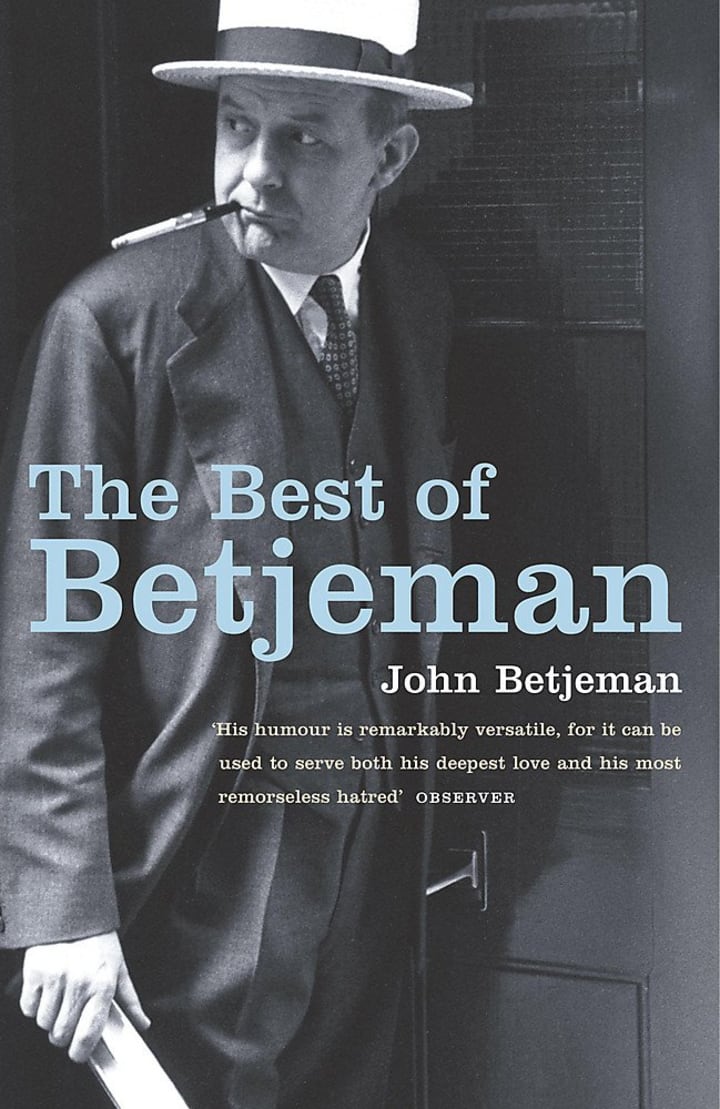
John Betjeman is a writer who can make anything funny. Dark humour and satire are the main genres of the book and even some of the poems are hilariously devilish and the strange comedy overtakes the subject. You kind of forget its supposed to be upsetting most of the time. The sketches are great and the way its written is in a very early modernist style but the best thing about this book is the poem about the deaf man, it's just incredible and you have to read it. Then when you've finished reading that poem, read it again.
67. Jane-Emily and the Witches’ Children by Patricia Clapp
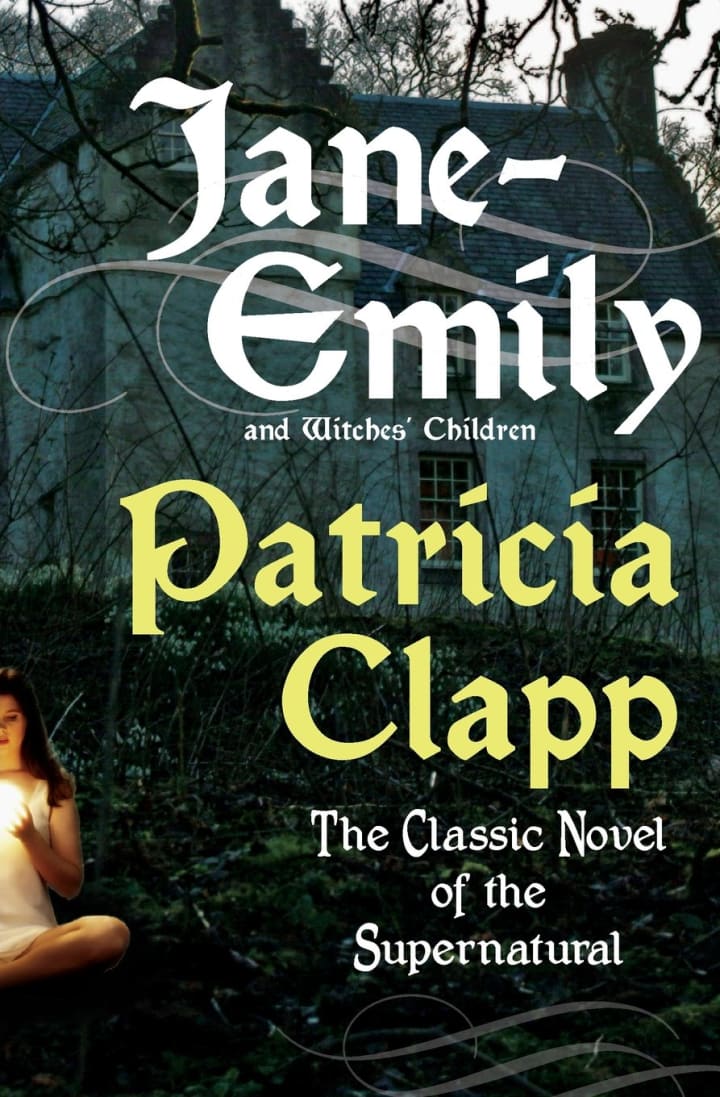
I found this book because I saw someone else reading it. It's a book about a strange death concerning a child called Emily, the father of the adopted Jane. Within this book, there are many memories that come to light about Emily through Jane, who never even met her before she died. Jane wasn't even born. It gets to the point that she begins to experience weird things and when her aunt begins talking, things get even worse. The characters are incredibly written, you can really feel them and the early 20th Century atmosphere rains down upon you like a thunderstorm.
“There are times when the midsummer sun strikes cold, and when the leaping flames of a hearth-fire give no heat. Times when the chill within us comes not from fears we know, but from fears unknown-and forever unknowable.”
68. Venice by Jan Morris
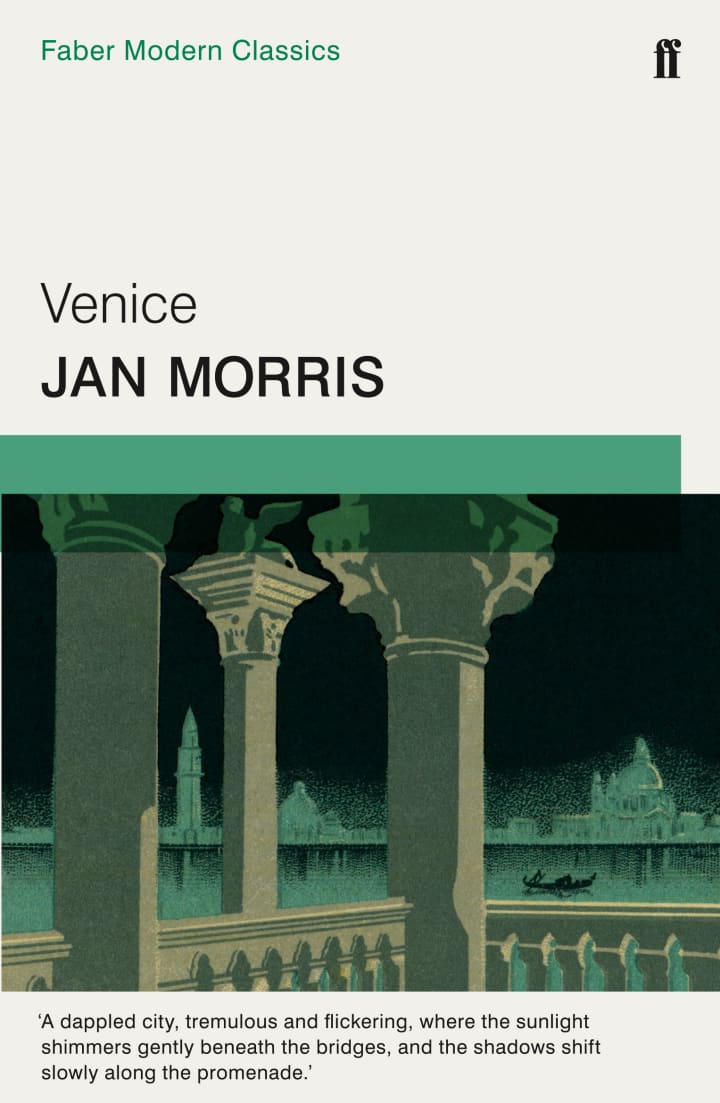
I love reading books about people going places, especially places in Italy. I read this book purely because I went to the bookstore and was specifically looking for people writing about going to Italy. I've always wanted to go to Italy but I've never gotten the chance, so after ten years of waiting, I think it's appropriate to let go and just read about it instead. I actually really enjoyed this book a lot because it goes through all the rich history and how to recognise a true Venetian. The people and the atmosphere all add into the city's language and it is one of those rare and warm books in which you think about all the times you've tried to analyse the outdoors and it hasn't worked. This book is one of the greatest travel books ever written clearly.
“I write sourly, for disliking artificially conserved communities I have tended to see the salvation as more distressing than the threat: but in my more rational moments I do recognise that letting Venice sink, my own solution for her anxieties, is a counsel of perfection that cannot be pursued."
69. The Queen’s Gambit by Walter Tevis
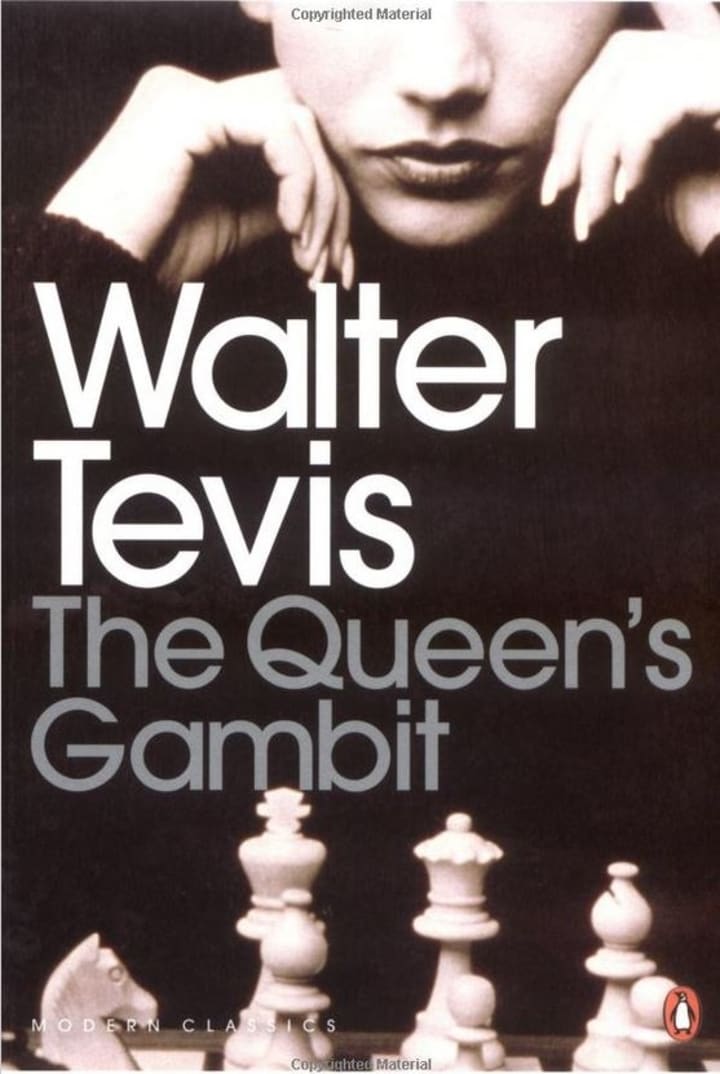
This book is about a chess champion traveling the landscape of Russia and well, apart from the incredible and diverse landmasses, I can honestly say that this book surprised me because I really enjoyed it. Normally, I'm not really into more modern Russian fiction because it moves so far away from the Golden and Silver ages. This book seriously made me think about Russia in the more modernist times and the way in which it is depicted. The ending is absolutely superb as well!
“There had been a few times over the past year when she felt like this, with her mind not only dizzied but nearly terrified by the endlessness of chess.”
70. Devotion by Patti Smith
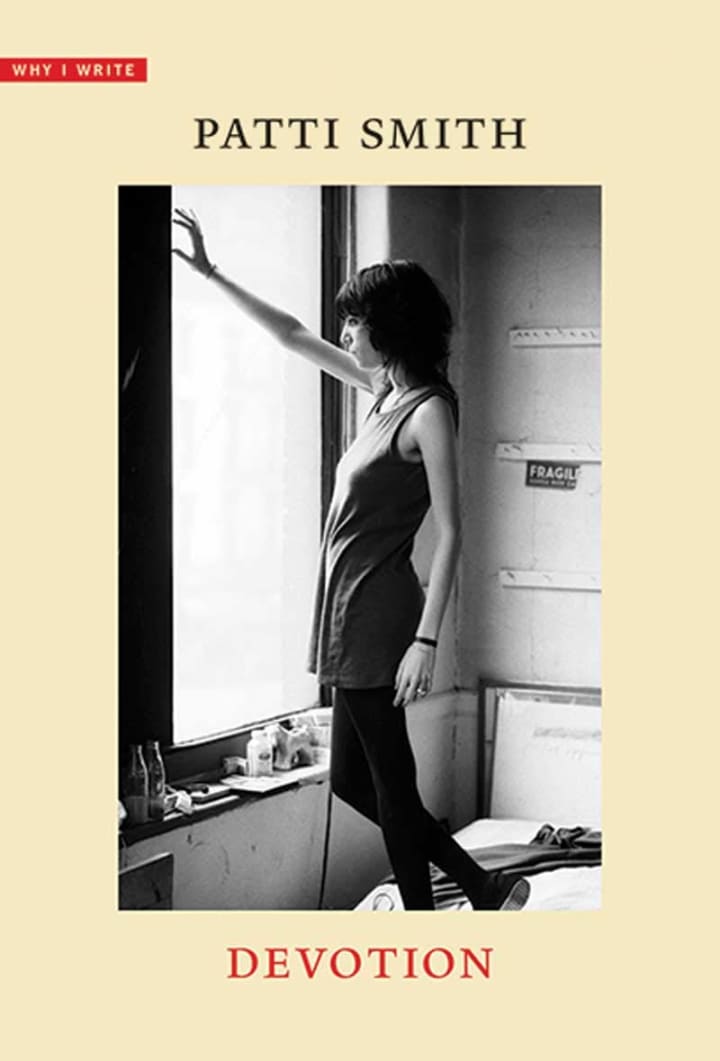
This book is one of the better books by Patti Smith I would say because it is far more personal than just an autobiography. It is all about thoughts and philosophies. There's a lot about why people in the world write the way they do and why humans are compelled to write things down. There's much about her life and travels but again, it's most about her philosophies. I think that reading about what a person believes to themselves is one of the most personal things they can write and the bravery of writing it without the fear of judgement is tantamount to the greatest courage of all.
“I climb the side of a volcano carved from ice, heat drawn from the well of devotion that is the female heart.”
71. In Patagonia by Bruce Chatwin
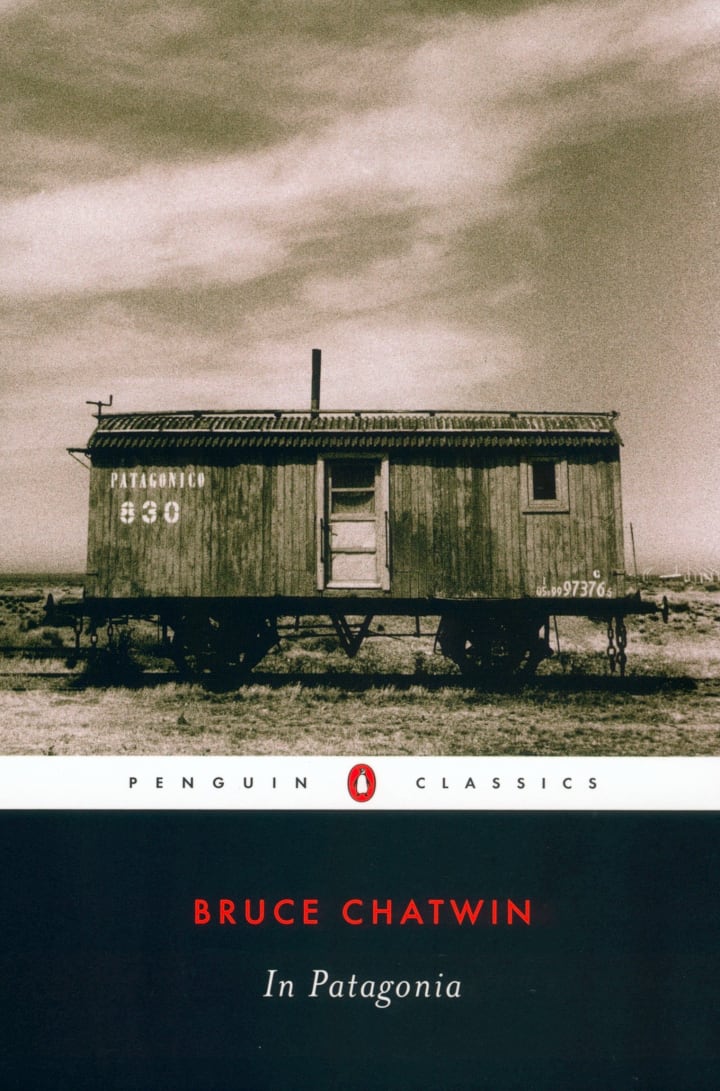
Yet another travel book about a man in an unseen land. Descriptions and philosophies cloud the visions and pictures of the country but within it are deeper beliefs about the culture and its inhabitants. It's about a piece of land in South America in which Bruce Chatwin is going along, meeting the country on his way. It is packed and wordy, complete with long, drawn out and mystical descriptions that almost sometimes seem other-worldly.
“I pictured a low timber house with a shingled roof, caulked against storms, with blazing log fires inside and the walls lined with all the best books, somewhere to live when the rest of the world blew up.”
72. The Sense of Style by Steven Pinker
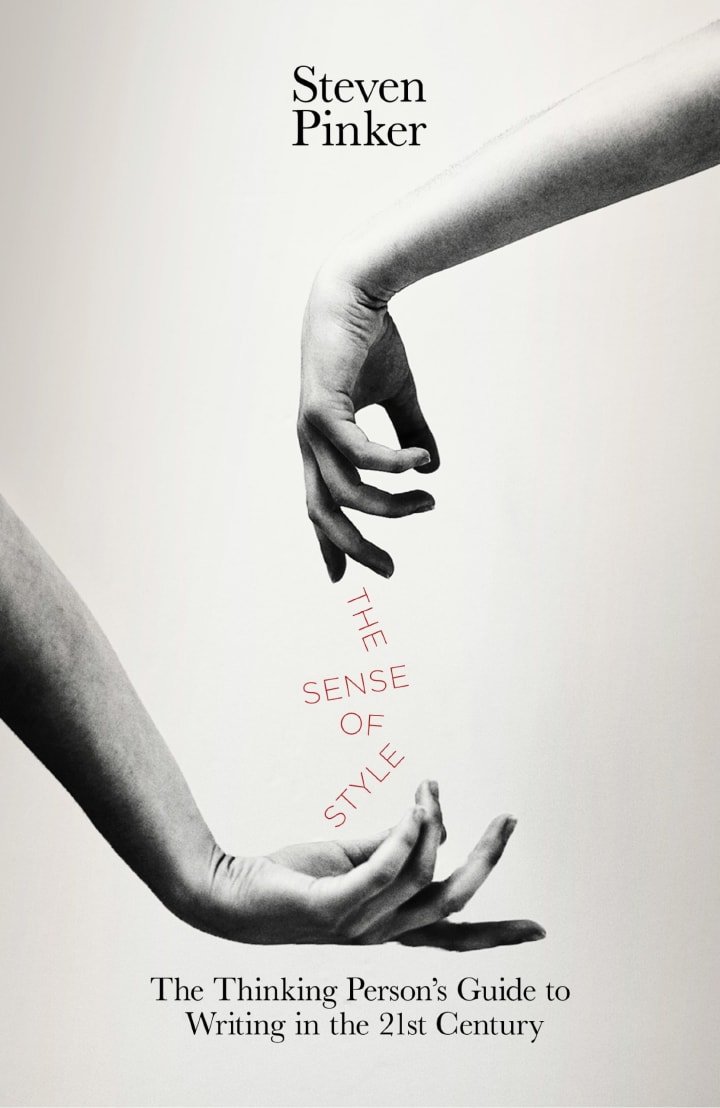
For anyone who has ever felt inadequate whilst reading academic texts, this one is for you. Steven Pinker is normally my go-to philosopher of the 21st Century next to Jordan Peterson. I love the way they're able to make the concepts simple enough to understand for everyone without overdoing the masses and masses of convoluted language techniques. Pinker discuss in this text how the world of academia is a narcissistic one with people patting each other on the back for using big words that nobody understands and making the concept so twisted that even they do not know what they're talking about anymore. This has been one of my favourite books of the year so far, I've thoroughly enjoyed it!
“The better you know something, the less you remember about how hard it was to learn. The curse of knowledge is the single best explanation I know of why good people write bad prose.”
73. Apartment in Athens by Glenway Wescott
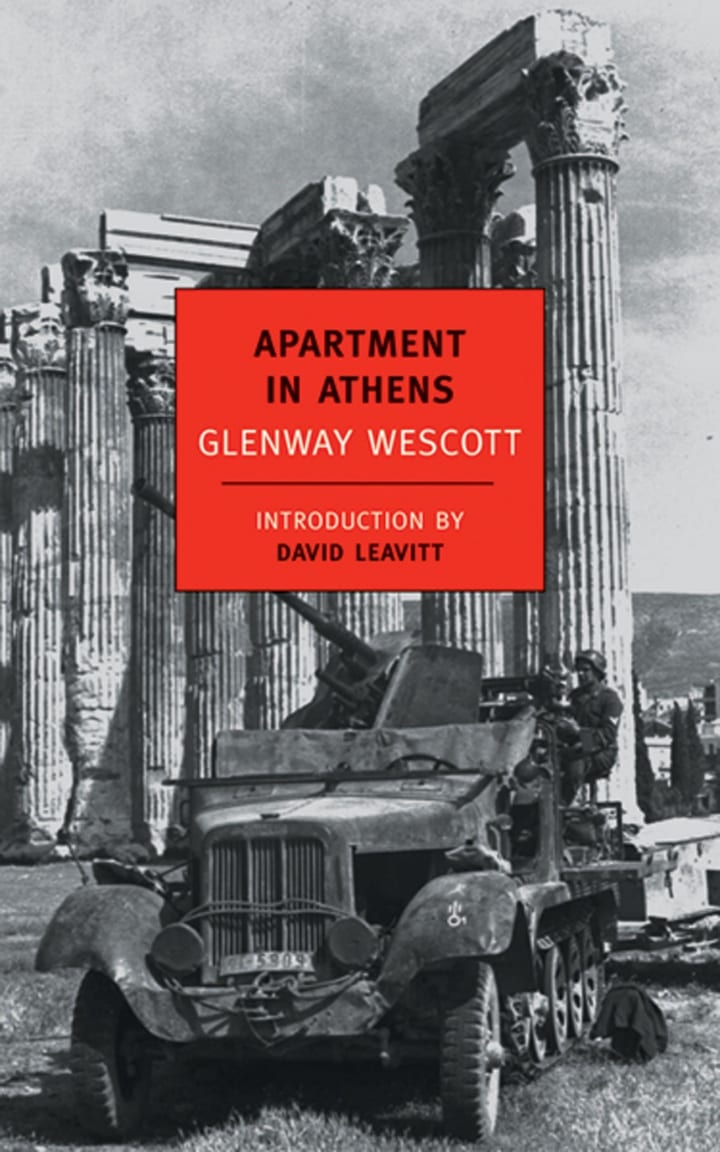
About a Greek couple who, in the midst of war, must share their apartment in Nazi-Occupied Greece, with a German Officer. This relationship is strained and becomes even more so over time. However, there are sympathetic parts of the texts and the more you read it, the more you realise that these people are only humans whoever they are. The great resistance is from the contextual aspect of the Nazi Officer, the compulsion to live another human being is clouded with the fear of what may happen in terms of the war. Everything is so contextual and has a life-like feeling, you find it hard to love another human being because of who they are and where they've been even though, on their own, they pose no real threat to you.
“However, because death is the only absolute equality among human beings on earth, even the ignoblest and the most welcome instance of it deserves a little ceremonious thought.”
74. The Poisoned Chocolates Case by Anthony Berkley
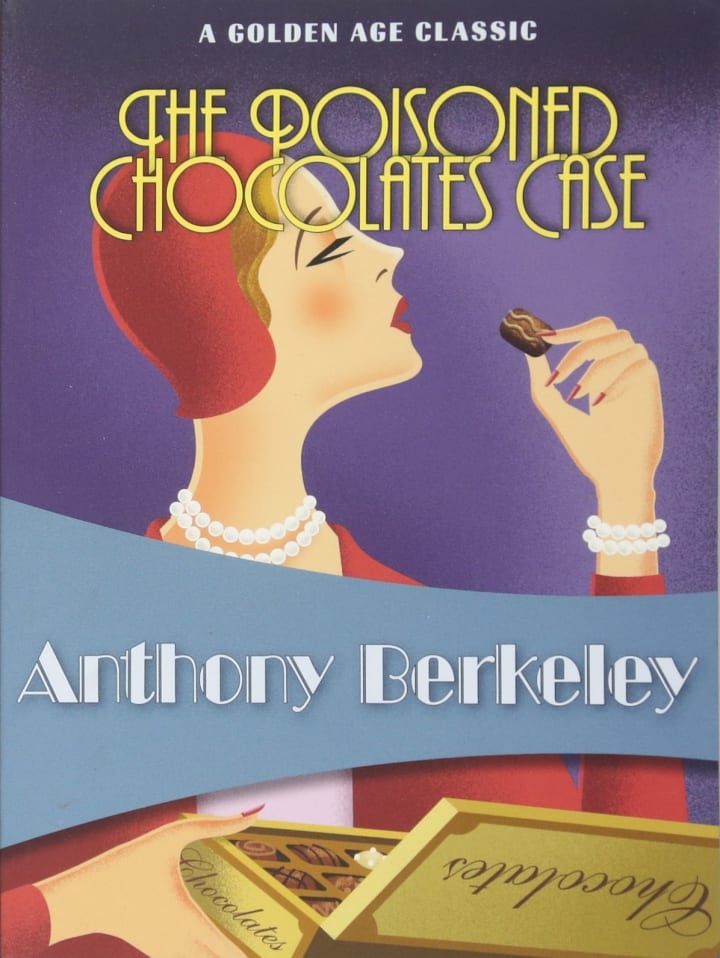
When it comes to murder/crime drama classics, I love this particular text and only really picked it up because it said 'chocolate' in the title. This book is about a happily married couple who are having the time of their lives until the wife is poisoned and dies from digesting laced chocolates from a chocolate box. The book is spent trying to decipher her past to find out who wanted her dead and what they were gaining out of it. The ending was completely amazing because as the plot unravelled you find out your suspicions of who it was were probably right all along if you were paying attention to the core details of the story.
“There is a curious mental stimulus to a good but stupid woman in a bad man’s badness. If she has a touch of the reformer in her, as most good women have, she soon becomes obsessed with the futile desire to save him from himself. And in seven cases out of ten her first step in doing so is to descend to his level. “Not”
75. Continental Crimes ed. by Martin Edwards
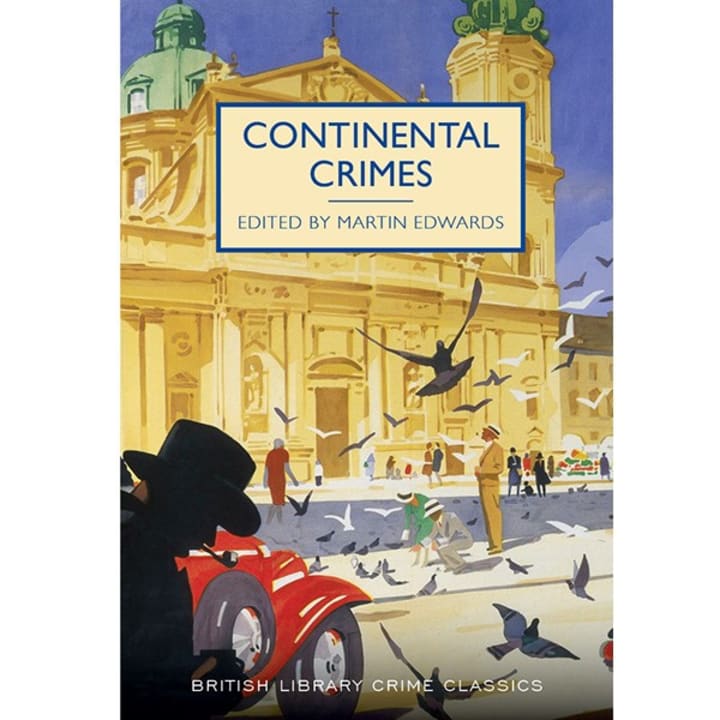
A book of criminal short stories, this book sets the stories over a number of different worldly locations making the backdrops all exotic and exciting. The one thing I loved about this book is that no two stories had the same or similar premise. They seemed to be all chosen for their pure individuality and originality in writing style. Again, all the writing styles were different and no two of them had even a similar aspect. This made the book incredible to read and so exciting that you really just have to digest it in one sitting.
“he has been founded on a good beating.”
76. Italian Renaissance Tales ed. by Anthony Mortimer
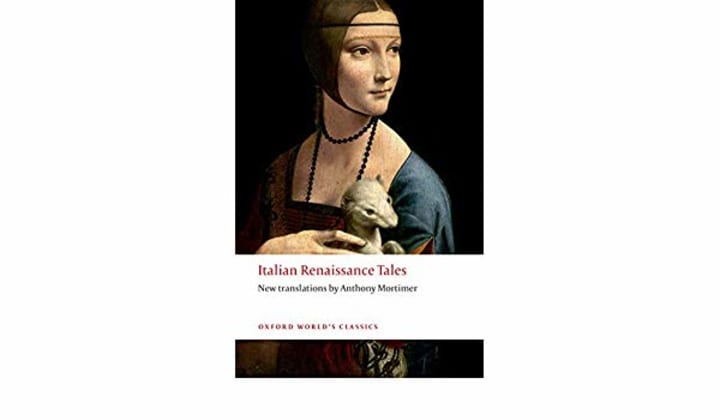
This book is packed full of exciting tales concerning the Italian Renaissance. A lot of them remind you stylistically of the book "The Canterbury Tales" but then again, the writing style is more like Dante's Divine Comedy or Boccaccio's Decameron. I loved the way the stories portrayed a very richly historic Italy and the way in which they portrayed major Italian Renaissance themes like art and architecture, fear of God, guilt involving religion, the way in which women are presented and the ideas of mythology. This really was an amazing book to read.
77. Intruder in the Dust by William Faulkner
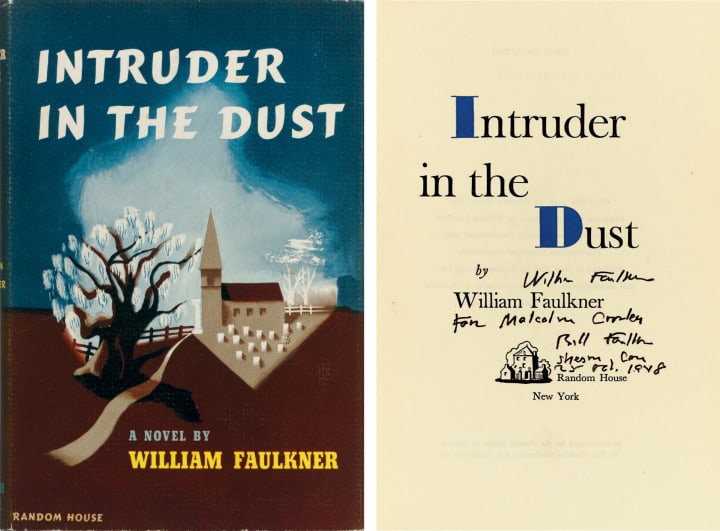
This book forces white people to confront their own personality when dealing with people of colour and that's only the first thing I love about this book. It is written in Faulkner's classic southern gothic style which means, as a fan of "Absalom, Absalom!" I absolutely loved this book so much. I love the way it deals with racial politics at a time when they were so tense. I think today, this book can still be relevant to the white people who are only being nice to POCs in order to score brownie points for their own brands. An absolute narcissism. Even though they are the opposite, the realities are pretty much the same.
“Some things you must always be unable to bear. Some things you must never stop refusing to bear. Injustice and outrage and dishonour and shame. No matter how young you are or how old you have got. Not for kudos and not for cash: your picture in the paper nor money in the bank either. Just refuse to bear them.”
78. From Russia With Love by Ian Fleming
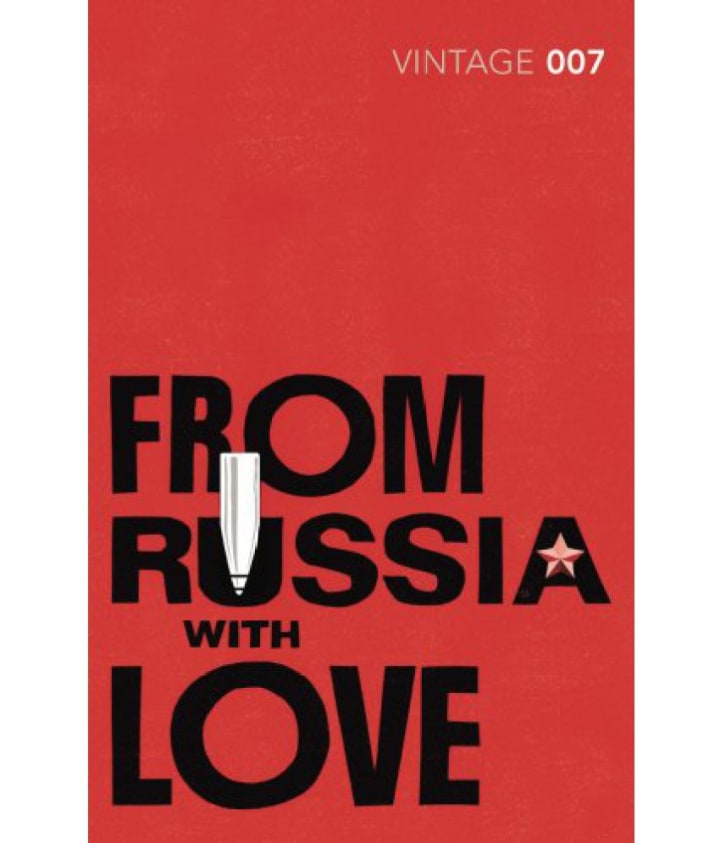
A James Bond book doesn't sound like my kind of thing but I think you'll be surprised to learn that I've read the vast majority of James Bond books and watched most of the films. When I read this initially, I must have been about 15 years' old and at that time, I didn't really think much of it. But reading it at 24 has made me learn about all the political implications about this book and that there is a massive backdrop of politics only equalled by the books of John Le Carré (though, I prefer the latter). All in all, I think I understood this book better now than I did nine years' ago.
“The great trains are going out all over Europe, one by one, but still, three times a week, the Orient Express thunders superbly over the 1,400 miles of glittering steel track between Istanbul and Paris.
Under the arc-lights, the long-chassied German locomotive panted quietly with the labored breath of a dragon dying of asthma. Each heavy breath seemed certain to be the last. Then came another.”
79. The Actual by Saul Bellow
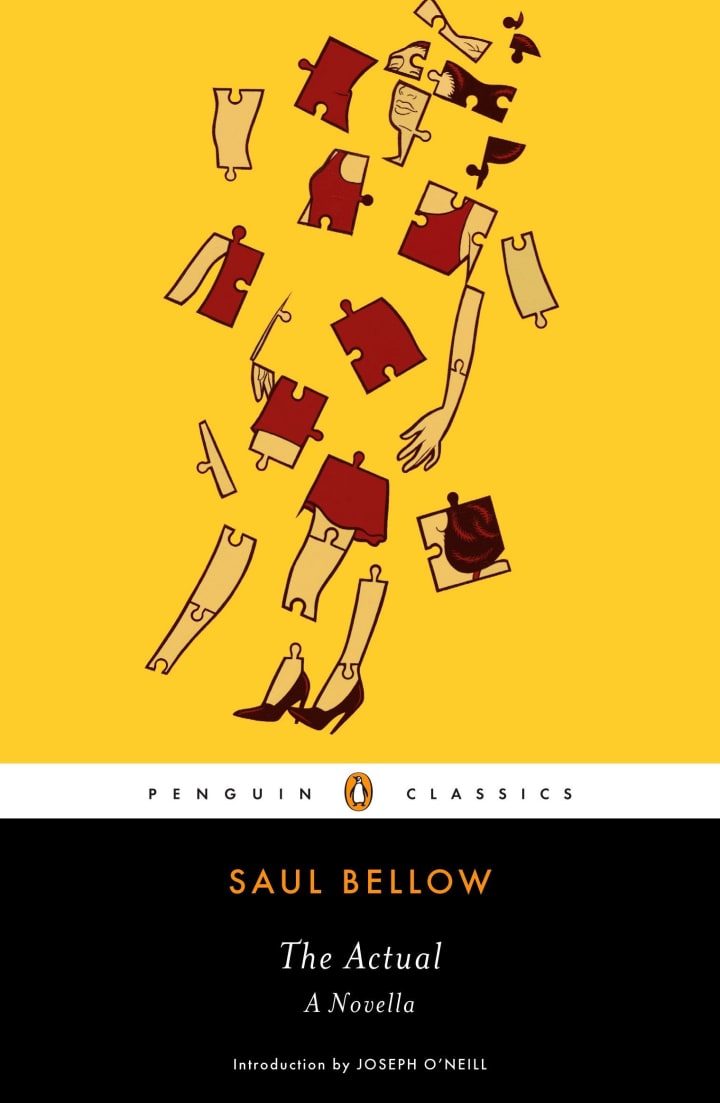
This is one of the few Saul Bellow books that I actually enjoyed. Apart from the novella "Seize the Day", I think this one is the most human. God forbid, I despised "The Adventures of Augie March" and "Humboldt's Gift" and even "Henderson the Rain King". "The Actual" however, is a human almost stream-of-consciousness book which seems to fashion itself on real life things that could actually happen in a cause-and-effect situation. There's death, passion, love and sadness, all terms and conditions of being human. And finally, there is a workplace in the mix which seems to be the breaking point of the main character. Most obviously this is Bellow's best attempt at real life.
80. The Reprieve by Jean-Paul Sartre
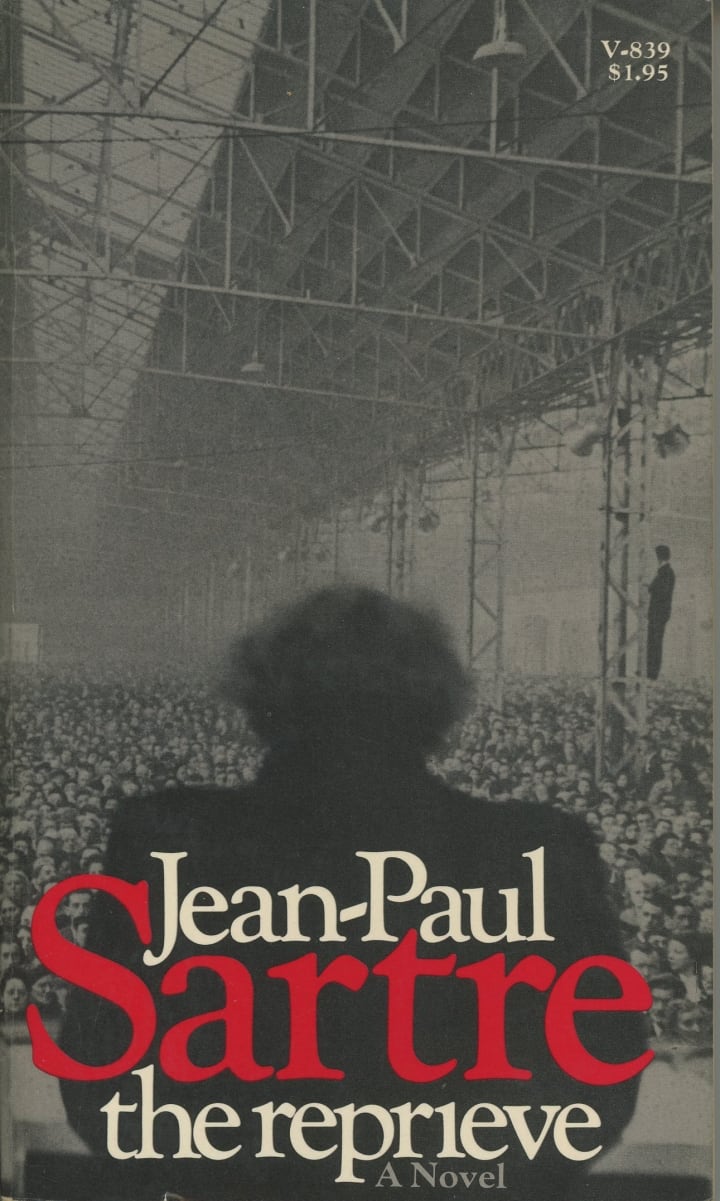
In the days before the Munich pact, one man lives in France to experience his life just before the world seems to collapse over him. The take over of Czechoslovakia happens that year in 1938 and so, the main character is flung into constant war politics and what may happen in the outbreak of the coming year. Set in France just before the second world war, this is a novel that plays on the human condition to pay attention to what is right and what is necessary. There is obligation and solitude that makes this novel all the more hyper-realistic and, within all of this, the characters really have no idea what is coming since they are living through it.
“Let us see what words can do. Will you understand me, for a start, if I tell you that I have never known what I am? My vices, my virtues, are under my nose, but I can’t see them, nor stand far enough back to view myself as a whole. I seem to be a sort of flabby mass in which words are engulfed; no sooner do I name myself than what is named is merged in him who names, and one gets no farther. I have often wanted to hate myself and, as you know, had good reasons for so doing. But my attempted hatred of myself was absorbed into my insubstantiality and was nothing but a recollection. I could not love myself either, I am sure, though I have never tried to. But I was eternally compelled to be myself; I was my own burden, but never burdensome enough, Mathieu. For one instant, on that June evening when I elected to confess to you, I thought I had encountered myself in your bewildered eyes..."
About the Creator
Annie Kapur
200K+ Reads on Vocal.
English Lecturer
🎓Literature & Writing (B.A)
🎓Film & Writing (M.A)
🎓Secondary English Education (PgDipEd) (QTS)
📍Birmingham, UK






Comments
There are no comments for this story
Be the first to respond and start the conversation.